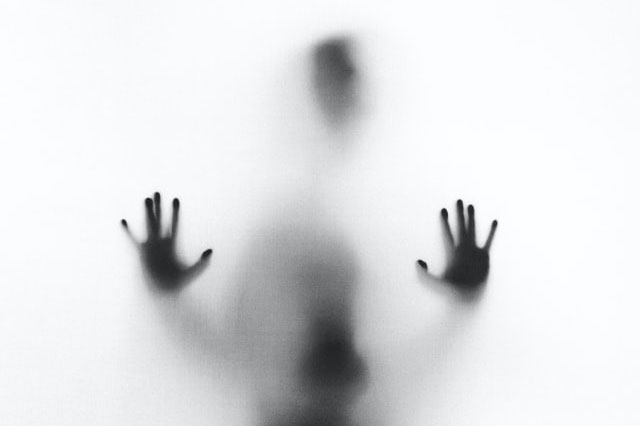Masisi – In the violence-torn east of the Democratic Republic of Congo, rape has become a terrible banality.
One such witness is Alice, 28.
“They raped me by the side of the road. And my 12-year-old daughter too,” she said, speaking in a room at the hospital in Masisi Centre, about 100 kilometres (60 miles) from Goma, the capital of North Kivu province.
ALSO READ | UN peacekeeper killed in northeast DRC
“We were coming back by foot from my stepmother’s burial,” she said, speaking in short, jerky sentences. “They started by tying up my husband”.
The attack took place in mid-February on a road on the outskirts of Masisi.
The town lies in a 25-year-old flashpoint for violence where armed groups kill and maim, despite a long-standing army crackdown and a decree last May that declared a “state of siege” in North Kivu and Ituri provinces.
She was raped by a first man and then, she recounted, the leader of the group “thrust a knife in my vagina”.
“There were sounds of gunfire. I ran off, abandoning my husband and daughter,” but taking with her their seven-month-old baby, which she is still nursing.
More than a month later, Alice, whose name has been changed for the purposes of this article, said she still had no news of her husband or daughter, although the military says her child has been saved and handed to an association for care.
Who were her assailants?
“Armed men,” she said, but was unable to give further details.
ALSO READ | Toll from rebel attacks in eastern DRC rises to 29
Some were clad in the uniform of the DRC’s armed forces, but others not.
At that point, a care worker called Faida, who takes care of “survivors”, came in. She apologised to say that the office had to be used for more cases arriving today.
This afternoon, nine women and girls were to be admitted to the hospital’s sexual violence unit.
Rape is recurrent
All of those interviewed by AFP said they had suffered at least two rapes in their life when they were a child or a teenager, or in the previous month.
Chloe, 26, whose name has also been changed, said: “I was here last July. Two armed men raped me when I was working in the fields”.
On February 24, while she was harvesting beans on a crest overlooking Masisi Centre, an “armed bandit” raped her again while one of his comrades kept watch, said the slender young woman.
She told her brother about the attack, and he sent her to the hospital for care.
ALSO READ | Tied in knots? Polygamy persists in DRC despite ban
But when she returned to her home in Bihito camp for displaced people near Masisi, she found that her husband had disappeared.
“He couldn’t take the idea that I had been raped a second time,” she said.
She is now alone, living in a makeshift shelter in a rain-soaked camp, with four mouths to feed.
Why bother?
The other women at the hospital all said it was a waste of time to file a complaint to law enforcement.
One, Marie, 37, was abandoned naked in a field on February 26 after being raped with a friend.
“I don’t even know the face of my attacker what’s the point of filing a complaint? We will never get justice.”
The Masisi hospital, which is supported by the French medical charity MSF, says it gets dozens of such cases each month 211 since the start of 2022 and acts of horror and sadism are legion.
Many of the women in the displacement camps are raped when food supplies run low and they have to return to work in the fields a place of great vulnerability to feed their families.
MSF official Jean-Marc Biquet spoke of a “blase violence which perpetuates a climate of permanent insecurity and leaves victims of the community deeply traumatised”.
ALSO READ | New train derailment in DRC kills at least seven
In Alice’s case, she said she left her village nestling in the hills overlooking Masisi five years ago when “the FARDC (DRC armed forces) burned all the houses as they searched for armed men”.
Her father-in-law was beheaded by machete-wielding militiamen.
Retaliation
Reliable figures for attacks in previous years are hard to find.
One reason, say witnesses who spoke to AFP whose evidence was supported by an NGO investigation, is that the UN peacekeeping mission in Congo in 2020 and 2021 offered to help victims and also urged them to denounce their assailants in exchange for money.
“What happened next was that, firstly, there was an increase in claims of sexual attack that are suspected to have been false and secondly, there were reprisals against survivors,” the report says.
In 2018, DRC gynaecologist Denis Mukwege co-won the Nobel Peace Prize for his long-running fight to help the victims of sexual violence in war.
Today, he is still at work, 14 years after he began what would be his life’s achievement, the Panzi Hospital in Bukavu.
Follow African Insider on Facebook, Twitter and Instagram
Source: AFP
Picture: Unsplash
For more African news, visit Africaninsider.com


